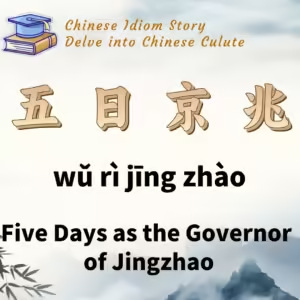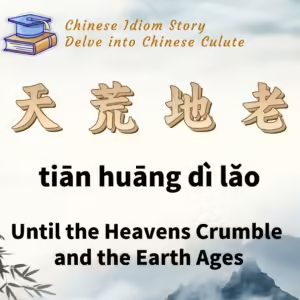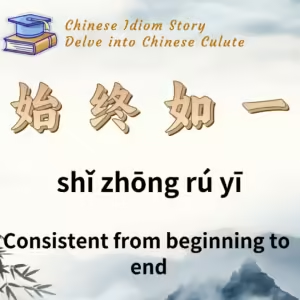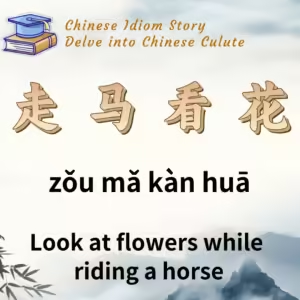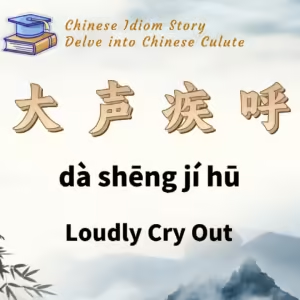
Chinese Idiom: 大声疾呼 (Da Sheng Ji Hu)
English Translation: Loudly Cry Out
pīn yīn: dà shēng jí hū
Idiom Meaning: This idiom describes urgently and loudly shouting to draw people’s attention.
Historical Source: Han Yu’s Second Letter to the Prime Minister Nineteen Days Later from the Tang Dynasty.
Idiom Story:
In the eighth year of Emperor Dezong of Tang’s Zhenyuan reign (791 AD), 25-year-old Han Yu passed the imperial examination but remained without an official position for three years in the capital, Chang’an, due to lack of recommendation from powerful officials. At the beginning of the eleventh year of Zhenyuan, Han Yu wrote three letters within a month to the then Prime Ministers Zhao Jing and Jia Dan, pleading for their recommendation but received no response. He also made several attempts to visit them in person, only to be turned away. In May of that year, Han Yu left Chang’an and returned east. The Second Letter to the Prime Minister Nineteen Days Later was written to Zhao Jing after receiving no reply to his first letter for nineteen days. In this letter, Han Yu expressed his dire situation and eagerness for recommendation.
The main idea of the letter is: I have heard of such a situation where people suffering from floods or fires call for help without only seeking assistance from their loving relatives and friends. They would cry out to anyone nearby, even if that person had previously disliked or resented them, hoping for rescue. Those nearby, upon hearing the cries for help and seeing the dangerous situation, would also rush to assist, regardless of their previous feelings, without wishing for the person’s death. They would hurry to rescue the person, even if it meant getting wet or burned, without hesitating. Why? Because the situation was truly urgent and pitiful.
Han Yu compared his own situation to this, stating that he had diligently studied and practiced for many years, without considering the hardships, only to find himself in poverty and hunger, crying out for help. He implored the Prime Minister to either assist him or ignore his plight. He argued that if someone failed to save another from drowning or fire when they could, they would not be considered virtuous. Therefore, his situation should also move virtuous people to help him.
Han Yu’s letter objectively criticized the incompetence of the ruling elite of his time and reflected the social indifference, but also revealed the desperate side of a scholar seeking official position.
Over time, Han Yu’s phrase “walking incessantly into the water and fire of poverty and hunger, crying out urgently and loudly” was simplified and derived into the idiom “loudly cry out,” describing urgent and loud shouting to attract attention.

